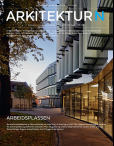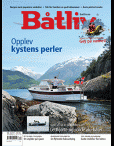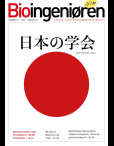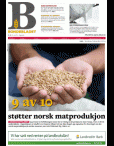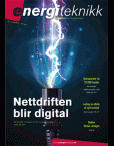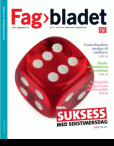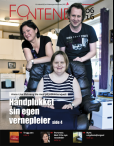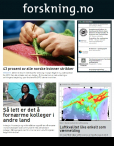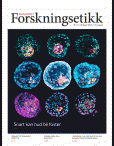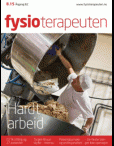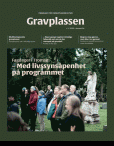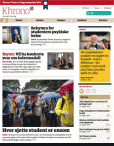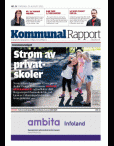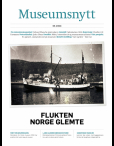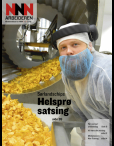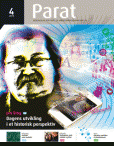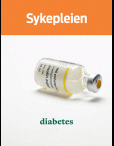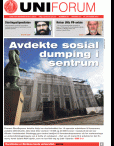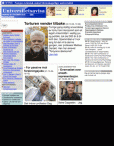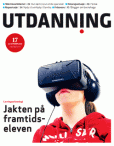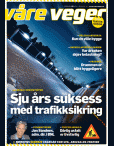NBS-nytt
25.11.2018

Researchers are now asked to produce a Data Management Plan as part of a funding application to the Research Council of Norway or to H2020. But, what do we mean by data management, and how can this be implemented in your research project in a practical way?
Data management and the FAIR guiding principles
This new development comes as a result of the increasing amounts data generated within the life sciences. It is becoming a struggle to process and manage data at the same pace as it is produced. At the same time the potential and benefits of publicly funded research data is not fully exploited, simply because the results may not be possible for others to find or use. The increased focus on open research data for publicly funded research leads to an increased awareness on the importance of data management. Open data implies availability for use by others, for a long period of time, in a way that enables others to understand the data and re-use them. This soon becomes an issue of how data is managed in the research project; such as how the data is generated, the analysis is performed, which data formats are being used and how the data is archived and deposited. When applying for funding, you are now therefore asked to describe a plan for how you will handle these issues in your research project and make the data and results available, or for sensitive data, how you plan to keep them safe. Such a description is referred to as a data management plan (DMP). Both the National e-Infrastucture for Research Data (NIRD) and the Norwegian Open Research Data Infrastructure (NORDi) provide general support tools to make a DMP for your project [1,2].
An international consortium has established a set of guiding principles - the FAIR principles - that set out to make research data and related metadata discoverable, accessible and understandable today, tomorrow, and well into the future (see Box 1) [3]. FAIR data
Gå til medietThis new development comes as a result of the increasing amounts data generated within the life sciences. It is becoming a struggle to process and manage data at the same pace as it is produced. At the same time the potential and benefits of publicly funded research data is not fully exploited, simply because the results may not be possible for others to find or use. The increased focus on open research data for publicly funded research leads to an increased awareness on the importance of data management. Open data implies availability for use by others, for a long period of time, in a way that enables others to understand the data and re-use them. This soon becomes an issue of how data is managed in the research project; such as how the data is generated, the analysis is performed, which data formats are being used and how the data is archived and deposited. When applying for funding, you are now therefore asked to describe a plan for how you will handle these issues in your research project and make the data and results available, or for sensitive data, how you plan to keep them safe. Such a description is referred to as a data management plan (DMP). Both the National e-Infrastucture for Research Data (NIRD) and the Norwegian Open Research Data Infrastructure (NORDi) provide general support tools to make a DMP for your project [1,2].
An international consortium has established a set of guiding principles - the FAIR principles - that set out to make research data and related metadata discoverable, accessible and understandable today, tomorrow, and well into the future (see Box 1) [3]. FAIR data










